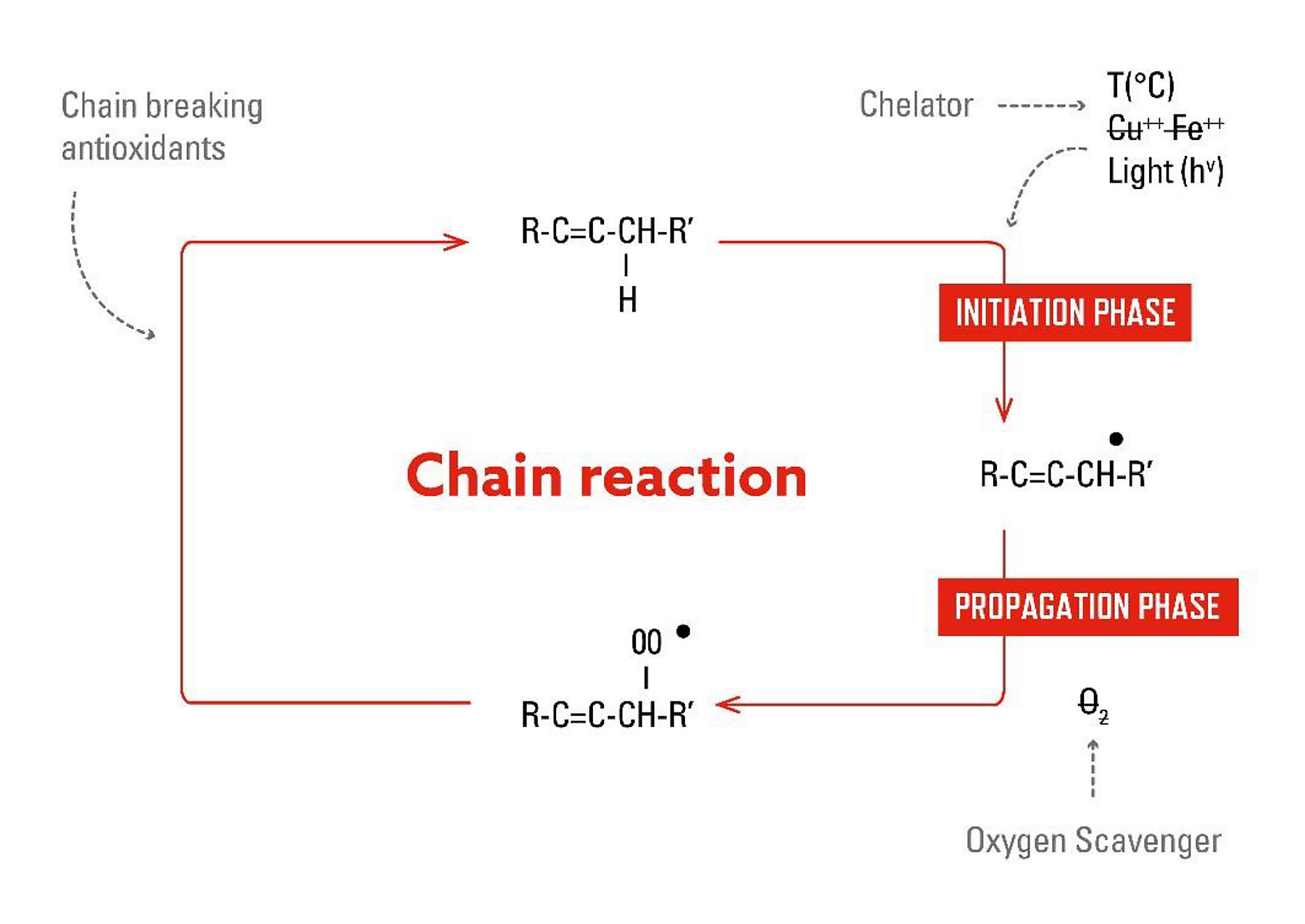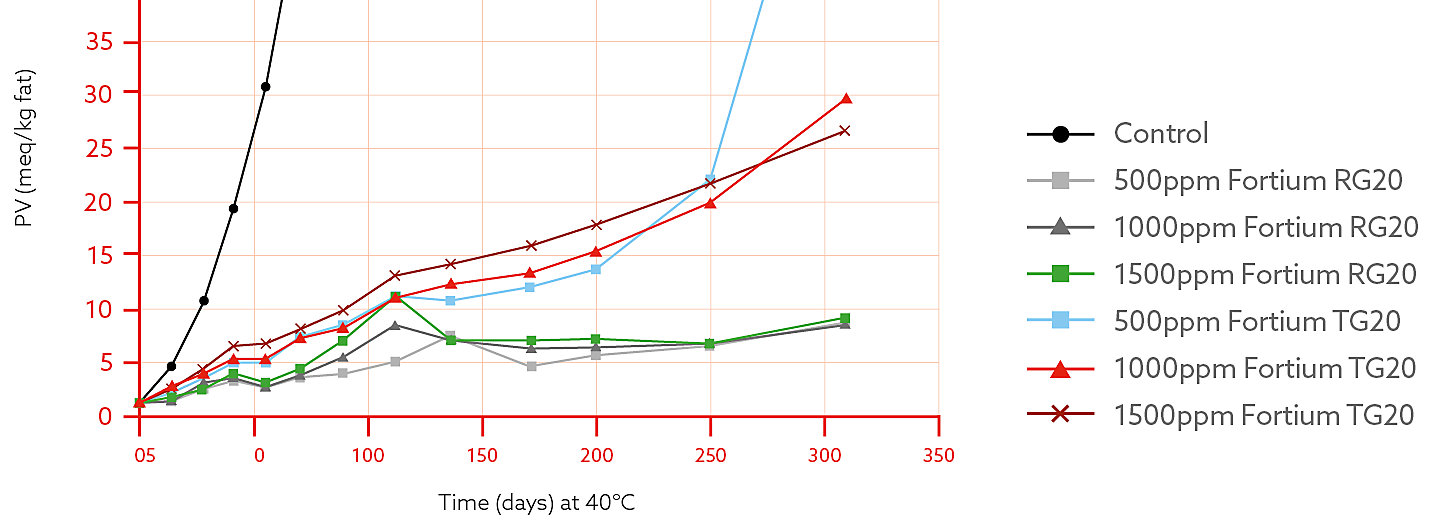Nowadays consumers are more likely to take a closer look at the labels of their food and drinks. They are concerned about chemical sounding compounds in their nutrition. Plus, they want to check how many beneficial ingredients their food contains.
At Kemin we have a wide range of natural plant extracts helping manufacturers not only to achieve their food to stay fresher for longer, but also answering this consumer concerns. Nature has so many label-friendly alternatives to offer. Tocopherols are natural antioxidants, that are naturally present in a wide variety of plant extracts, containing specific molecules that are part of the group known as Vitamin E.
After the Covid-19 pandemic there’s an increased awareness for a healthier lifestyle among a lot of people, according to Innova Market Insights, global launches of supplements with vitamin E have seen a CAGR of 27% between 2017 and 2021. However, with booming demand on specific health categories comes shortage of raw materials for other applications like oxidation protection of food products leading to huge price increases, especially for the tocopherols sourced from soy. Let’s look at tocopherols and what are its alternatives.
Tocopherols: booming business
Tocopherols are monophenolic and lipophilic compounds, being one of the first liposoluble antioxidants isolated from plants, which makes them today the most common antioxidant in nature. Currently, the main commercial sources of natural tocopherols are soybean and sunflower oil.
Tocopherols are primary antioxidants that are classified as alpha, beta, gamma, and delta based on their chemical structures. The antioxidant activity of each isomer is different, as is its vitamin power. It’s the reason why tocopherols derived from soy are the most popular ones. Those extracts contain all four types of tocopherols when other sources like olive or sunflower contains mostly alpha-tocopherols or gamma-tocopherols.



